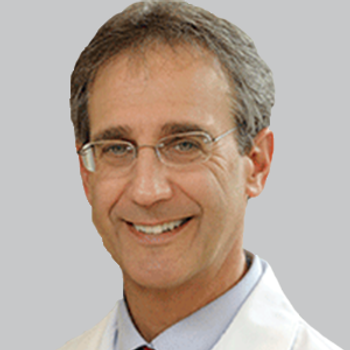
Despite supportive preclinical data, no evidence showed that dextroamphetamine in combination with physiotherapy leads to improvement in post-stroke recovery.

Matt Hoffman, Editorial Director for NeurologyLive, has covered medical news for MJH Life Sciences, NeurologyLive’s parent company, since 2017. He executive produces the NeurologyLive Mind Moments® podcast, and hosted the Medical World News show Deep Dive. Follow him on Twitter @byMattHoffman or email him at [email protected]

Despite supportive preclinical data, no evidence showed that dextroamphetamine in combination with physiotherapy leads to improvement in post-stroke recovery.

Jeffrey Allen, MD, spoke about the breakthrough barrier in CIDP and the importance of the guidelines for diagnosis.

The small molecule slowed atrophy by roughly 2.5 mL less brain-tissue loss compared to placebo.

What are the best available options for patients with CIDP, and what is still missing?

A subcutaneous intrathecal catheter delivery system has proven safe and tolerable in a preliminary investigation in patients with SMA.

The director of the ALS Clinic at Massachusetts General Hospital pointed to the robust pipeline and meaningful gains in knowledge about the disease as reason to be hopeful.

The director of the Pediatric Headache Program at the Children’s Hospital of Philadelphia said that for these patients, there are still many questions without answers.
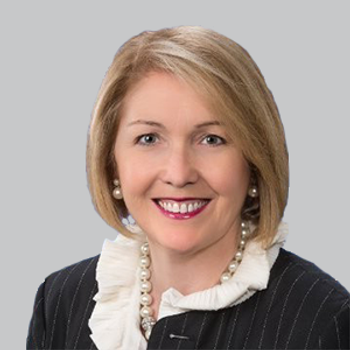
The VMAT2 inhibitor showed improvements through 48 weeks, though after halting therapy, some loss of improvement was observed.

The director of the Pediatric Headache Program at Children’s Hospital of Philadelphia spoke about the potential for CGRP inhibitors to find use in pediatric patients.

The COMT inhibitor resulted in 65-minute and 39-minute decreases in mean off time for patients who switched from placebo and entacapone, respectively.

Can this first-of-its-kind guideline for identifying biomarkers in Parkinson disease invigorate a drive for disease-modifying therapy development?

The Clinical Director of the Brain Donation Program at Cleveland Clinic’s Mellen Center for Treatment and Research in MS provided some insight into the consequences of this discovery.

Lutz Frölich, MD, PhD, provides a look at BI409306, a novel selective PDE9A inhibitor, and how the negative results of its phase II trial can inform the community.
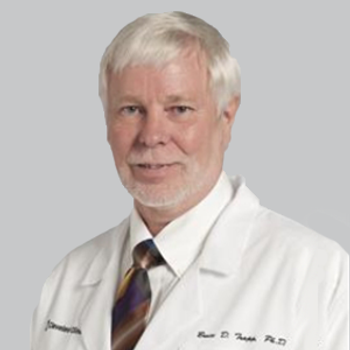
The Department Chair of Neurosciences at Cleveland Clinic was a leading part of the group of researchers that recently identified the new subtype of multiple sclerosis.

Darin Okuda, MD, spoke about the new investigative therapies for MS, as well as the expanding role of disease-modifying therapies.

Investigators have identified a new subtype of MS in postmortem tissue, characterized by a lack of cerebral white matter demyelination.
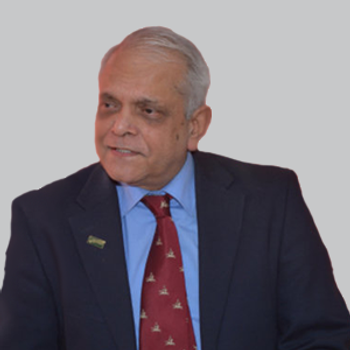
Patients treated with fludrocortisone normalized their serum sodium levels in only 4 days—significantly quicker than saline alone, which took 15 days.

Patients administered A-tDCS during outpatient speech therapy were shown to have a relative increase of 70% in correct-naming for A-tDCS compared to sham.
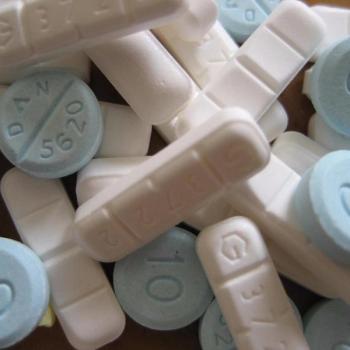
A nationwide, case-controlled study found the use of benzodiazepines and related z-drugs increased the risk of patients developing Alzheimer disease.
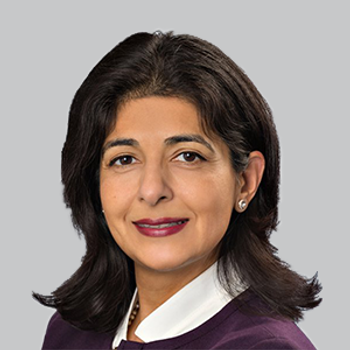
The director of the Partners Pediatric Multiple Sclerosis Center at Massachusetts General Hospital spoke about the current landscape of MS treatment.

For those at-risk for Parkinson disease, reducing systemic inflammation could decrease the incidence of the movement disorder.

The nonselective ß-blocker proved efficacious in comparison with placebo in a pilot trial.
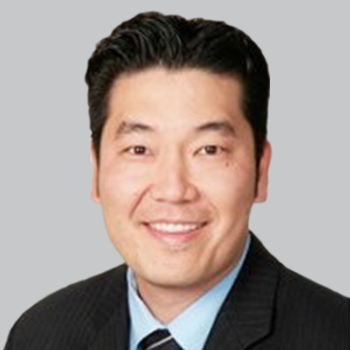
Darin Okuda, MD, provides insight into the nuances that come with the treatment of MS with disease-modifying therapies.

Could GlaxoSmithKline and 23andMe use genetic data to create landscape-altering therapies for hard-to-treat conditions?

Can better collaboration between industry and clinicians solve the challenges that plague the Alzheimer community?

The increased risk of hemorrhage was not revealed in 5-mg and 10-mg doses, implying a dose-dependent effect for rivaroxaban.

Midazolam is expected to receive a decision from the FDA in early 2019. If approved, it would become the first new medication for this indication in more than 15 years.

The Director of the University of Rochester Alzheimer's Disease Care, Research and Education Program discussed the landscape of care in Alzheimer symptom management.
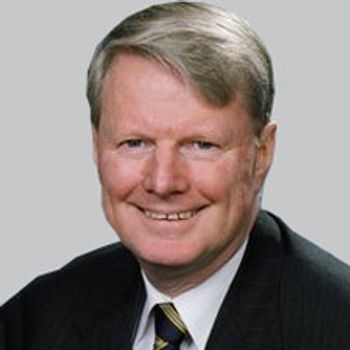
The director of the Sleep-Wake Disorders Center at Montefiore Medical Center spoke about the difficulties of treating sleepiness and what solriamfetol brings to the table.
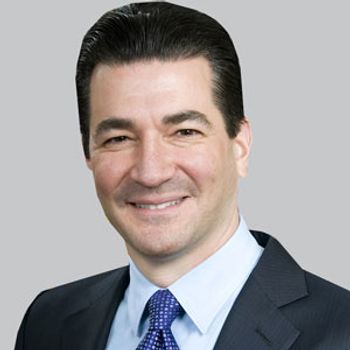
The approval is a first of its kind for the rare disease, and the first in a new class of drugs—small interfering ribonucleic acid (siRNA) treatments.